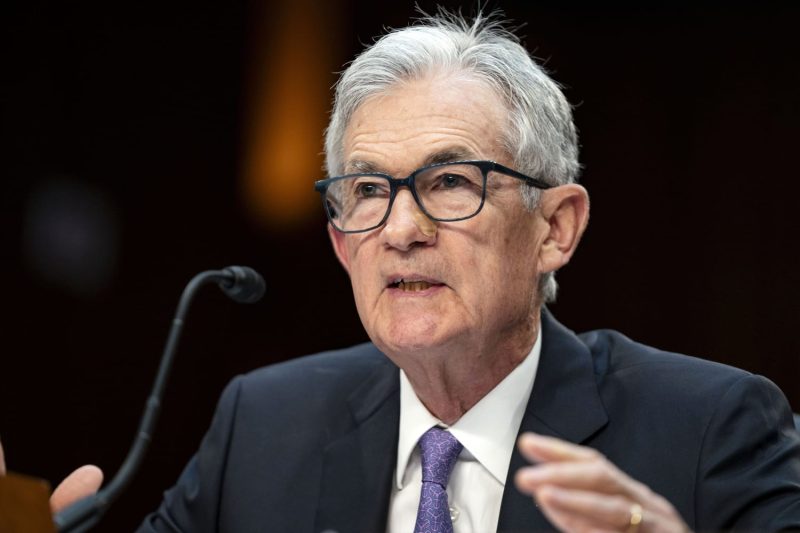Federal Reserve Chair Powell recently conveyed a cautious stance concerning the prospect of maintaining high-interest rates for an extended period. While the importance of rate adjustments in maintaining a balance between growth and inflation cannot be understated, Powell’s reservations underscore a broader concern for the continuous stability and progress of the U.S. economy.
In a progressively globalized and interconnected world, the decisions made by the Federal Reserve engender ripple effects throughout financial markets, influencing investment decisions, borrowing costs, and overall economic performance. Powell’s acknowledgement of the potential risks associated with excessively high rates is a testament to the delicate balancing act required to steer the economy toward sustained growth.
It is essential to recognize that the Federal Reserve’s mandate encompasses not only stabilizing prices but also fostering maximum employment. In this light, the impact of interest rate adjustments goes beyond mere monetary policy, permeating various sectors of the economy and impacting businesses and consumers alike.
By expressing concerns about the adverse consequences of prolonged high rates, Powell signals a nuanced understanding of the interconnected dynamics that propel economic growth. Balancing the need for price stability with the imperative of encouraging investment and expenditure requires a judicious approach, one that carefully considers the multifaceted implications of monetary policy.
Furthermore, Powell’s cautious remarks highlight the necessity for adaptive policymaking, capable of responding to evolving economic conditions and external challenges. In a rapidly changing global landscape characterized by trade tensions and shifts in market sentiment, the Federal Reserve’s ability to navigate uncertainty becomes paramount.
Ultimately, Powell’s remarks serve as a reminder of the intricate web of factors that shape economic performance and the pivotal role of the Federal Reserve in steering the course of the economy. By acknowledging the potential pitfalls of high-interest rates, Powell underscores the importance of agility, foresight, and a comprehensive understanding of the dynamics at play in sustaining economic growth.
In conclusion, Powell’s caution regarding the risks of prolonged high-interest rates underscores the complexity of the Federal Reserve’s mandate and the delicate balance required to safeguard economic stability and growth. With economic conditions evolving and global dynamics shifting, the Federal Reserve faces the challenging task of steering the economy toward sustained prosperity while navigating a landscape fraught with uncertainties and risks. Powell’s remarks serve as a timely reminder of the nuanced considerations and strategic foresight essential in guiding monetary policy toward optimal outcomes for the economy and society at large.
